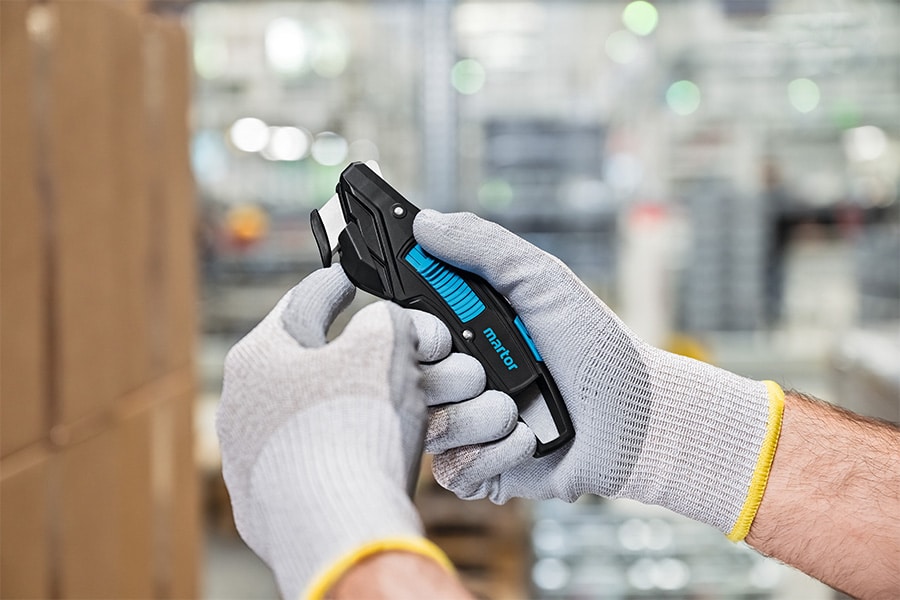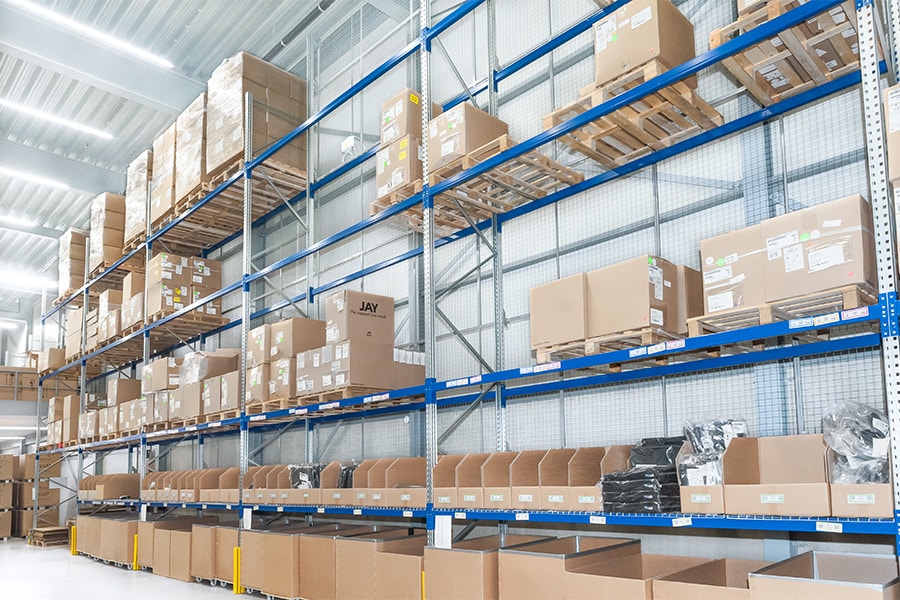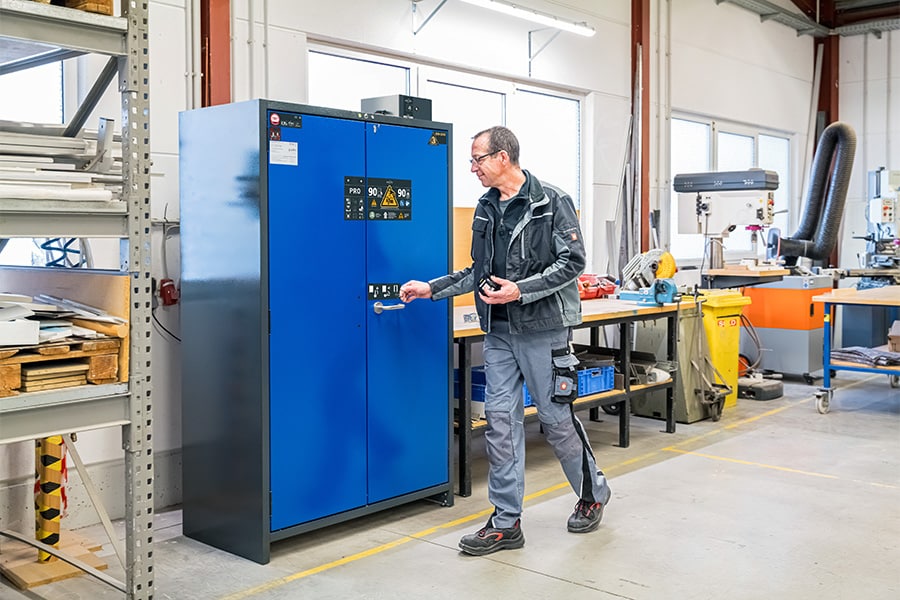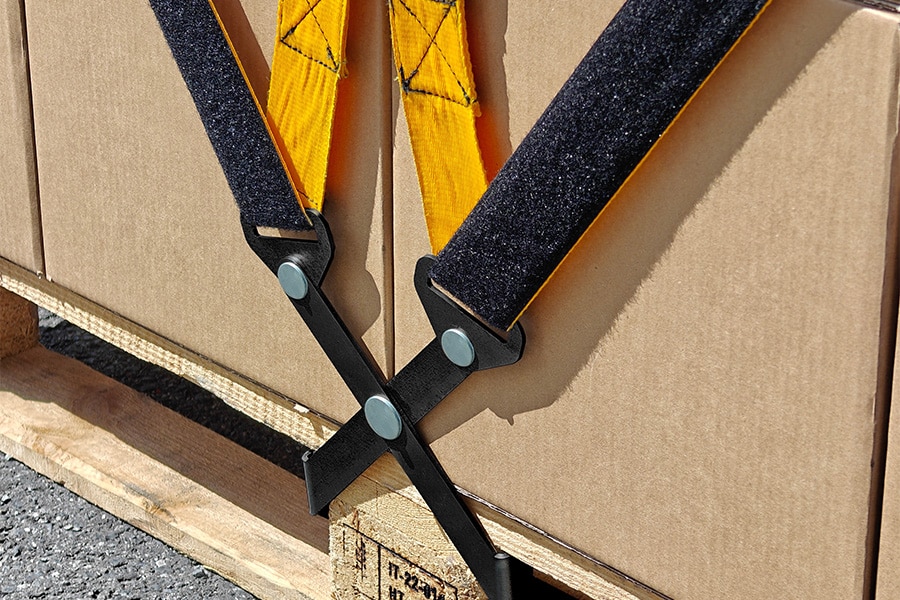
CSRD as a lever for circular cooperation
The Corporate Sustainability Reporting Directive (CSRD) will require thousands of companies in Europe to report in detail on their sustainability impacts starting in 2025. For many companies, this poses a stiff challenge. Renewi, which specializes in circular waste treatment and resource management, sees CSRD as primarily an opportunity. "For us, it is a lever to work with customers on real sustainability and long-term partnerships," says Head of National Accounts René Heijmeskamp.
CSRD is a European directive that requires companies to report their environmental, social and governance (ESG) efforts transparently and according to uniform standards. The focus here is not only on direct emissions (scope 1 and 2), but also on the broader impact of the supply chain, including waste processing and material reuse (scope 3). This is precisely where a company like Renewi plays a key role.
To report correctly and verifiably, companies must have detailed and reliable data. Mandatory sustainability reporting focuses on climate impact and circular resource use, among other things. "Many organizations find it difficult to collect and verify that data, especially if they depend on external parties. Renewi has developed its own approach for exactly that," testifies René Heijmeskamp, Head of National Accounts at Renewi.

From waste data to auditable sustainability metrics
The leading company developed an additional CSRD reporting tool in its existing customer portal MyRenewi. "We didn't want to just show averages or sector figures. Our customers must be able to count on truly auditable and scientifically based data," says Heijmeskamp.
Therefore, Renewi had the CO2 impact of its processes calculated by TNO, the Dutch organization for applied natural science research. It also had the circularity figures of its 30 main waste streams analyzed by international consulting and engineering firm Royal Haskoning.
The reporting tool offers customers insight into their performance in terms of CO2 emissions and circularity. "In this way, we not only give companies the mandatory information they need for their sustainability report, but also a strategic starting point for further improvement." That data is validated, directly usable in CSRD and other sustainability reports, and provides a benchmark against industry peers.
Strategic chain partner
European sustainability regulations are fundamentally changing Renewi's role, argues Heijmeskamp. "Whereas we used to be primarily a waste processor, with the emergence of ambitious regulations, such as the CSRD, we are increasingly evolving into a supply chain partner. We help customers not only with compliance, but also with setting targets and improving their sustainability profile." To do this, Renewi works with customer profiles: from minimal reporting requirements to ambitious front-runners who want to integrate circularity into their core strategy.
"Thanks to our data, we can determine in conversations with the customer where they are today and where improvement is possible. Sometimes that leads to immediate actions, such as improving waste separation in the workplace, or even broader circular projects." Sector-specific support is also important. "For example, the approach for retail companies with a focus on packaging and transportation clearly differs from that in industrial sectors, where hazardous waste and material reuse take precedence. We therefore built in sector-specific indicators tailored to the specific challenges and legislation."

Collaboration as key to circular acceleration
CSRD thus leads to more and deeper collaborations. "Companies now actively come to us asking for circular solutions," said Heijmeskamp. "In the healthcare sector, for example, we are working on circular solutions for operating rooms, together with partners such as GreenCycl, where high-quality materials are now being reused or refurbished rather than simply burned."
Renewi is also accelerating internally: electrification of their fleet, circular concrete for the construction industry and collaboration with producers are directly improving customers' sustainability impact. "The CSRD may not be mandatory for every company, but it is a strategic compass that enables structural progress. We see this reflected in the contracts we sign: from short-term deals, we are moving toward long-term partnerships of eight to 10 years."




